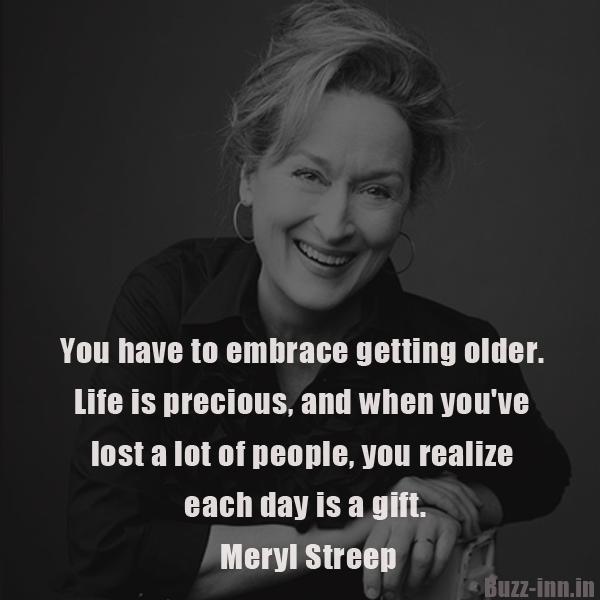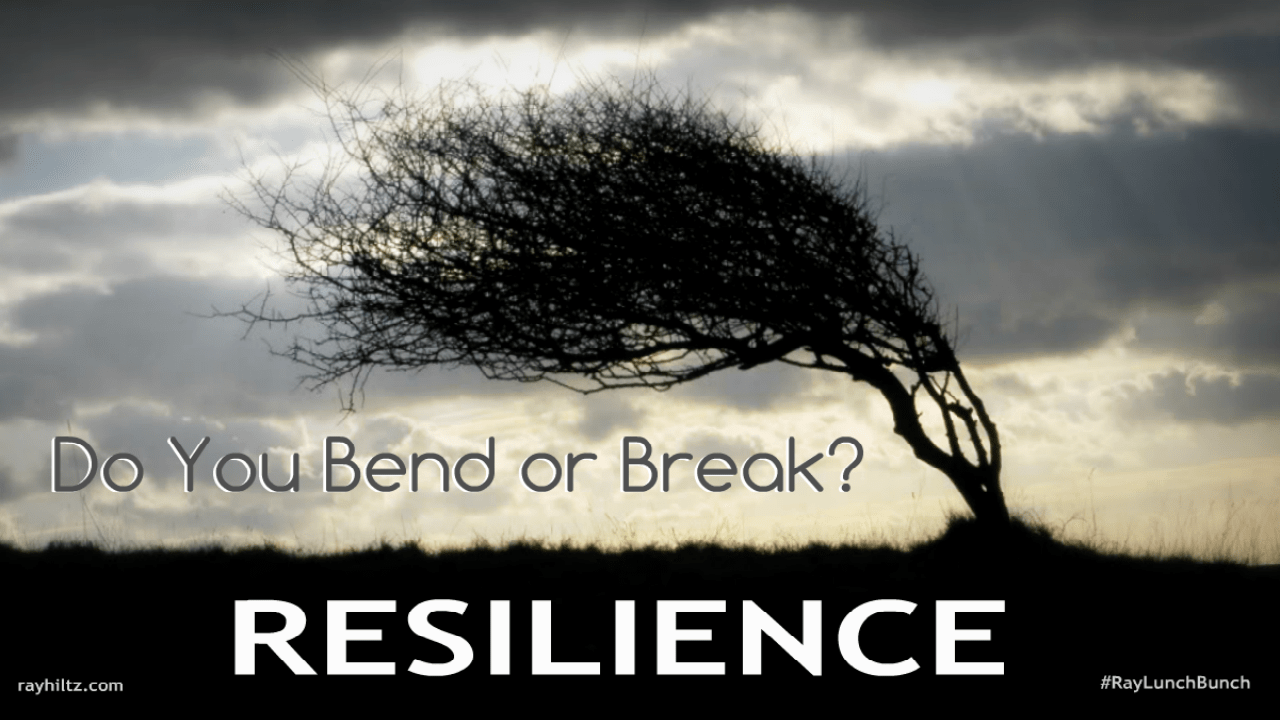Word-Of-the-Week #616: Resilient
May 25, 2016 by Susan Clarke · Comments Off on Word-Of-the-Week #616: Resilient
Resilient – the ability to recover quickly from illness, change, or misfortune.
How quickly do you recover from an illness, change, or misfortune? Do you believe that everything that happens to you happens because of you? If something bad happens does it affect all areas of your life?
This week and next contains excerpts from the LA Times article written by Jessica Roy, “Sandberg to Berkeley grads: Stay resilient” Facebook executive shares life lessons after husband’s death. Roy writes “Sheryl Sandberg made an emotional appeal for resilience and gratitude in her commencement speech to UC Berkeley’s Class of 2016, in which she spoke about her husband’s death publicly for the first time.
Sandberg is the COO at Facebook and the author of “Lean In: Women, Work, and the Will to Lead.” A little over a year ago, Sandberg’s husband Dave Goldberg died suddenly of cardiac arrhythmia while they were on vacation in Mexico.
She said her own resilience after his death came from the “three Ps,” as identified by psychologist Martin Seligman: personalization, pervasiveness and permanence.
Personalization, she said, “is the lesson that not everything that happens to us happens because of us.” After her husband died, she blamed herself and personally reviewed his medical records to see what critical symptom she had failed to notice.
“It wasn’t until I learned about the three Ps that I accepted that I could not have prevented his death. His doctors had not identified his coronary artery disease. I was an economics major: how could I have?” she said.
Pervasiveness is “the belief that an event will affect all areas of your life”. At the advice of a child psychologist, she and her two children returned to their normal lives 10 days after Goldberg’s death. She said she felt as if there was no way to escape the “all-consuming sadness” of her loss.
“I remember sitting in my first Facebook meeting in a deep, deep haze. All I could think was, ‘What is everyone talking about and how could this possibly matter?’ But then I got drawn into the discussion and for a second – a brief split second – I forgot about the death.”
“That brief second helped me see that there were other things in my life that were not awful,” she continued.
To be continued…
This week’s focus is on resilience. Can you picture yourself recovering quickly if a bad thing happens? Can you accept that you are not personally responsible for everything? Have you ever been able to see beyond a misfortune that other things in your life were not awful?
I LOVE feedback! Join my Facebook community on my FUN-damentals Fan Page.
Word-Of-the-Week #615: Adventurous
May 19, 2016 by Susan Clarke · Comments Off on Word-Of-the-Week #615: Adventurous
Adventurous – willing to undertake new and daring enterprises.
At this stage of your life how willing are you to undertake new and daring enterprises? Does that feel scary or intimidating? Or do you get a feeling of excitement?
New York times writer Carl Richards aka SKETCH GUY is this week’s contribution. His latest article “Adventurous Quests Sharpen Everyday Skills” states, “I was telling a friend about some projects that really excited me – a new book I’m working on, an article I’m writing and a new hobby, motorcycling in the desert.
He asked, “How do you stay so motivated and so excited about things?”
It caught me off guard. I hadn’t really considered the “why” behind my activities. But I realized that the common thread was the feeling of being in over my head, just a little. In other words, doing things despite the fact that that, as the marketing guru Seth Godin likes to say, “this might not work.”
Now, that may sound counter-intuitive. It’s easy to wonder how doing stuff that makes you uncomfortable, and might not even work, is a source of motivation. I’ve been thinking a lot about this paradox. I wondered whether I’m wired differently. But there’s something about a sink-or-swim environment that excites me.
My friend Dallas Hartwig told me about this concept call hormesis, a phenomenon by which something that could impair or even kill you in high doses can make you stronger in low doses.
Of course, I thought. What doesn’t kill you makes you stronger. It’s well documented that the way to grow muscle is to rip the muscle tissue, and then give it time to regrow. It comes back stronger than before. It makes sense that the business equivalent of building muscle is trying new things. When you throw yourself into the deep end of something new, you face a steep learning curve. That forces you to grow, adapt and develop your skill set. It’s almost irrelevant if the project succeeds. The very act of taking on something new helps you become better at your work over all.
You cannot spend your whole life in the deep end. Muscles get tired. Just like physical exercise, you have to calibrate the stress and rest cycle of any sort of entrepreneurial or creative work. The more I thought about it, the more I began to see these experiences for what they really were –adventures. After all, isn’t the definition of adventure to set off into the unknown, endure hardships, come back and then rest?
I know that adventures can feel scary and intimidating. But making a habit of seeking adventure may be the secret to staying motivated about the things you do.
And that confers a key economic benefit to anyone who experiences it. Even if we set aside all the tangible benefits that come from stepping outside our comfort zone, it is obvious that being more excited about your work is a surefire way to improve your performance, and turn your various ventures into adventures.
This week’s focus is on being more adventurous. How motivated are you at this point of your life? How would it feel to step outside your comfort zone? Is there anything you have been putting off that would bring you excitement?
I LOVE feedback! Join my Facebook community on my FUN-damentals Fan Page.
Word-Of-the-Week #614: U-bend
May 12, 2016 by Susan Clarke · Comments Off on Word-Of-the-Week #614: U-bend
U-bend – the trajectory of life from youth to old age.
At this stage of your life how happy are you? Do you feel overwhelmed by all of your obligations? Or do you feel pretty content with your life ?
This is the follow up to last week’s article written by Michele Parente in the UT. “Age of the aged: New movement embraces growing old.” She continues “What surprised me was how everything I thought I know about aging was wrong.” Statistics show a minute portion of elderly live in nursing homes, with about 95% of Americans living independently. And she noted that while memory will moderately falter for most, about 20% of older people experience no decline at all in memory.
“Things slow us down, but it doesn’t keep the vast, vast majority of us from functioning just fine. The epidemic isn’t dementia; it’s the anxiety about dementia.”
The U-bend theory contends that people are happiest at the beginning of their lives and toward the end. Statistically, the happiest decade is the 70’s. It takes a long time to get things right…In your 70’s, you’re not under occupational pressure, not sweating the promotion, likely not sitting under a house mortgage, worrying about how you’re going to pay for kids going to college. You’re in relatively good health. There’s a lower level of obligation, you have the ability to choose your own path.
When you’re young, emotions fluctuate. If we lose a job or go through a breakup, we get overwhelmed. U-bend says people are happiest in the 20’s to 30’s and in their 70’s and 80’s.
The source of this bliss is wisdom, which is nature’s way to compensate for physical decline. Our emotional regulation increases. If something happens when we’re older, we can say, ‘yes, it’s bad, but it’s happened before and I’ll get through it.’ We’re more resilient, more compassionate toward others, we know ourselves better than when we were younger.
This week’s focus is on the U-bend theory. Where are you at this point of your life? Are you comfortable? Are you feeling stressed? Can you see yourself embracing the aging process and knowing that with that comes wisdom?
And for the record, I totally embrace my resignation and denial! But I am selective, as I stopped coloring my hair 10 years ago. As I see it, it’s a huge waste of time and money and who’s kidding who? But that is a very personal choice and I get it!
I LOVE feedback! Join my Facebook community on my FUN-damentals Fan Page.
Word-Of-the-Week #613: Embrace
May 4, 2016 by Susan Clarke · Comments Off on Word-Of-the-Week #613: Embrace
Embrace – willing and eager acceptance.
So how much laughter did you experience last week? How about eating dark chocolate? How accepting are you of the aging process? Do you try to fight it or do you embrace it? Laughing while eating chocolate helps!
Once again I found a great article written by Michele Parente in the UT. “Age of the aged: New movement embraces growing old.” She writes, “When she used to see an elderly woman on the street, hunched over, taking tentative little steps, Ashton Applewhite would say to anyone who’d listen, “put me out of my misery if I ever get like that.”
Today, that makes Applewhite, 63, cringe. “I’m ashamed of thinking that now. Why assume she’s miserable? My guess is that she’s happy to be alive and out and about. Maybe she’s going to meet her boyfriend. It’s presumptuous to assume her quality of life sucks because her body has changed,” said Applewhite, a writer and self-described “apprehensive boomer turned pro-aging radical.”
The baby boom generation is a group that’s rewritten the rules in its youth, middle age and now older years. And they can be divided into three categories:
- Those in denial who try to stay young forever with Botox injections, expensive creams and unproven “snake oil” hormones and remedies. It’s the current equivalent to “Hell no, we won’t go!”

- The resigned, who munch on kale and flax seed while doing Sudoku puzzles. They tell themselves, “It’s going to be bad, but if I do these things it won’t be so bad.”
- And the embracers. “I’m in a rare tribe who looks forward to it with enthusiasm. It’s possible to look forward to something and know there are parts of that experience you’d like to avoid, that won’t be pleasant,” says Dr. Bill Thomas.
He likened how people approach old age to those who’d rather go on, say, a safe cruise versus climbing Machu Picchu. “There are some who would say, ‘you know there could be rock slides,’ and there’s the adventure traveler who says, ‘yeah, but it’s Machu Picchu!’ They do it because they think the adventure is greater than the risk. Look, I’m not a silly person who says old age is great and nothing will happen. But people who have a great fear of aging are going against their own future self. They become a traitor by robbing themselves of future possibilities.”
All of the experts interviewed for this story said society’s view of old age – that it’s solely a depressing period of physical and mental decline – isn’t backed up by data, science and research.
“We internalize a lifetime of messages that the younger self is worth more than the older self,” Applewhite said. “The older self is just different.”
This week’s focus is to embrace aging. Which category do you fall under? Denial, resigned or embracer? Do you want adventure or are you afraid of the risk? Do you assume that quality of life sucks as you get older? Or are you eagerly accepting? Stay tuned – more on this next week!
I LOVE feedback! Join my Facebook community on my FUN-damentals Fan Page.




